Latest articles

How to choose the best credit card for your needs
Our guide explains rewards, travel cards and 0% offers so you can spend smarter.
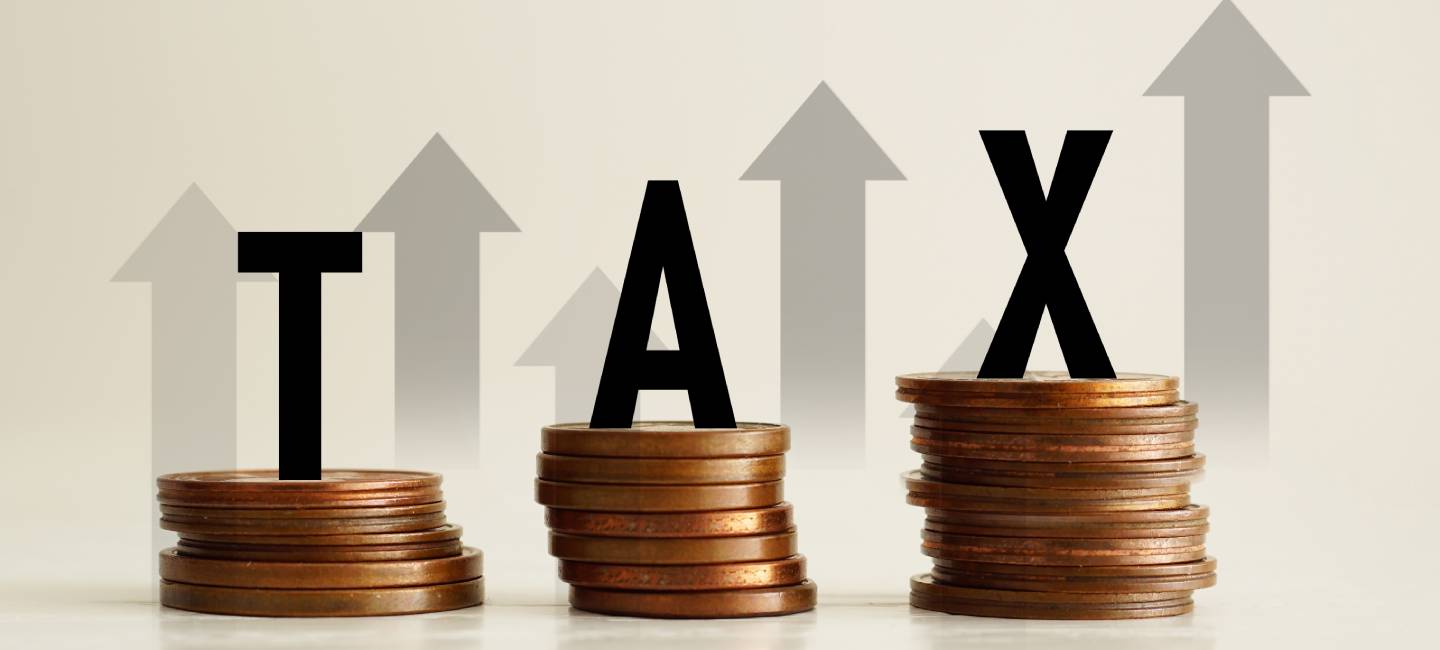
State pension tax shock: are you part of the 41% who don’t know the rules?
Millions are unaware their state pension is taxable, as frozen allowances catch more retirees out.
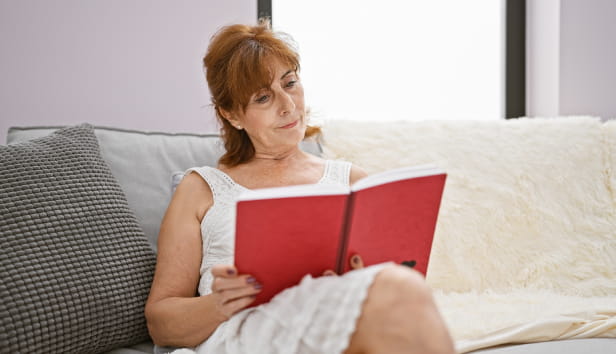
The hidden £2,000 “singles tax” and how to reduce it
Here are simple ways to cut costs and boost your long-term finances.
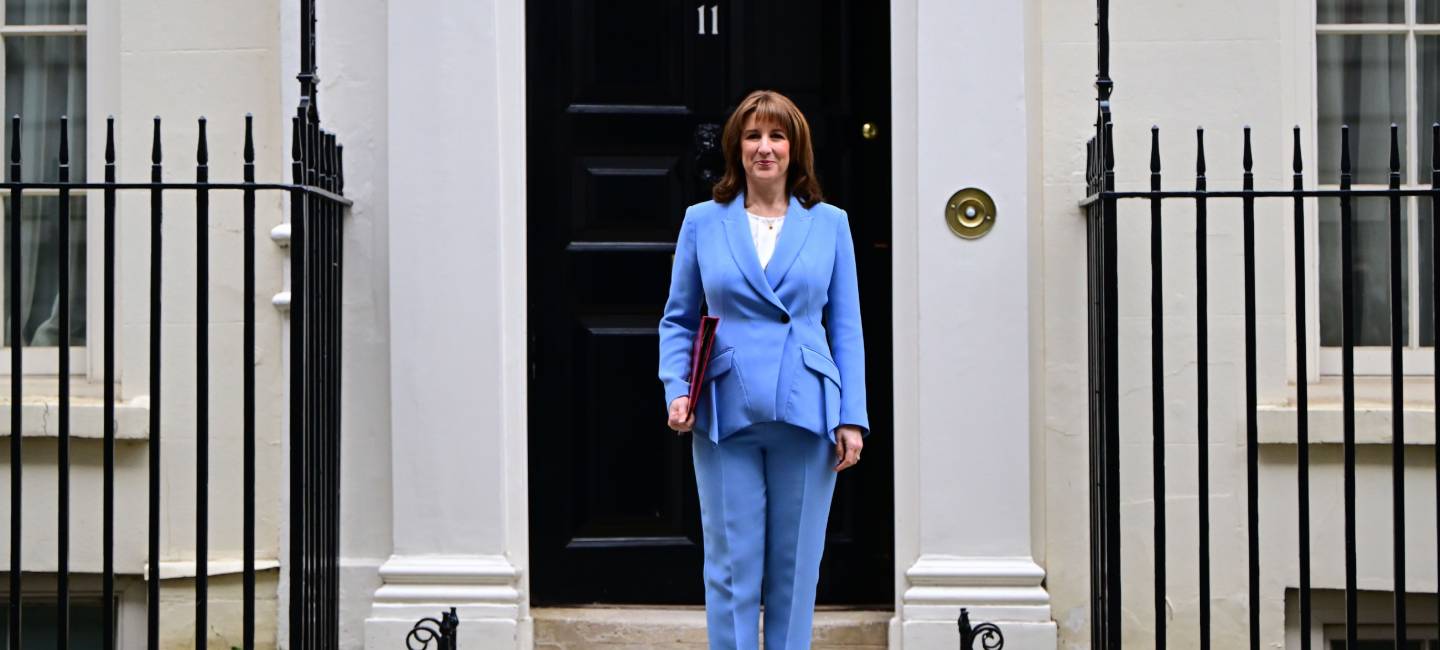
What the spring statement and global turmoil mean for your pension and savings
With oil prices rising and interest rate cuts in doubt, we explain how the spring statement 2026 affects your pension, savings and cost of living.
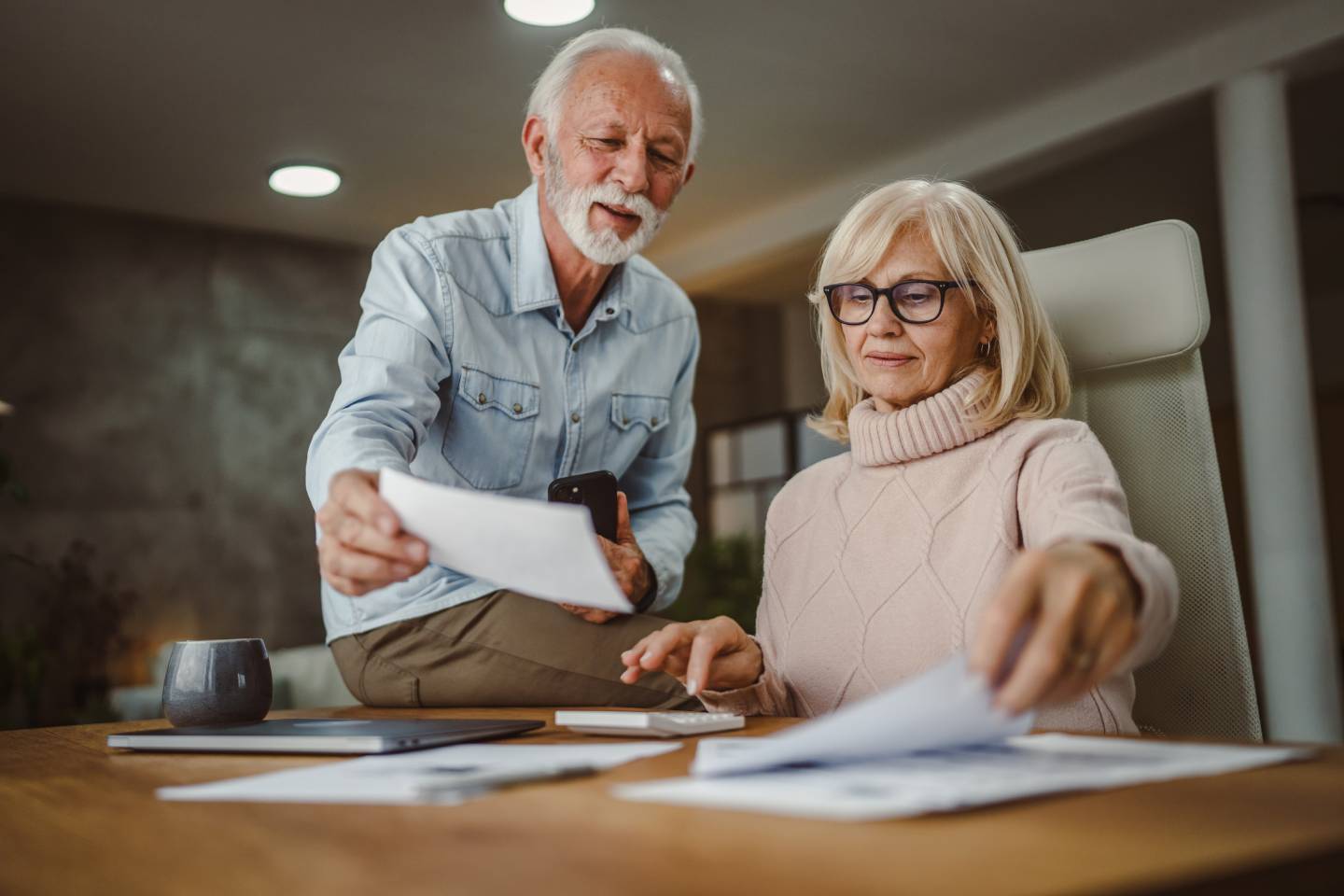
Why loyalty to your bank could be costing you £300 a year
Savers who stay loyal to big banks may miss out on far better rates. Learn how to boost the interest you earn.
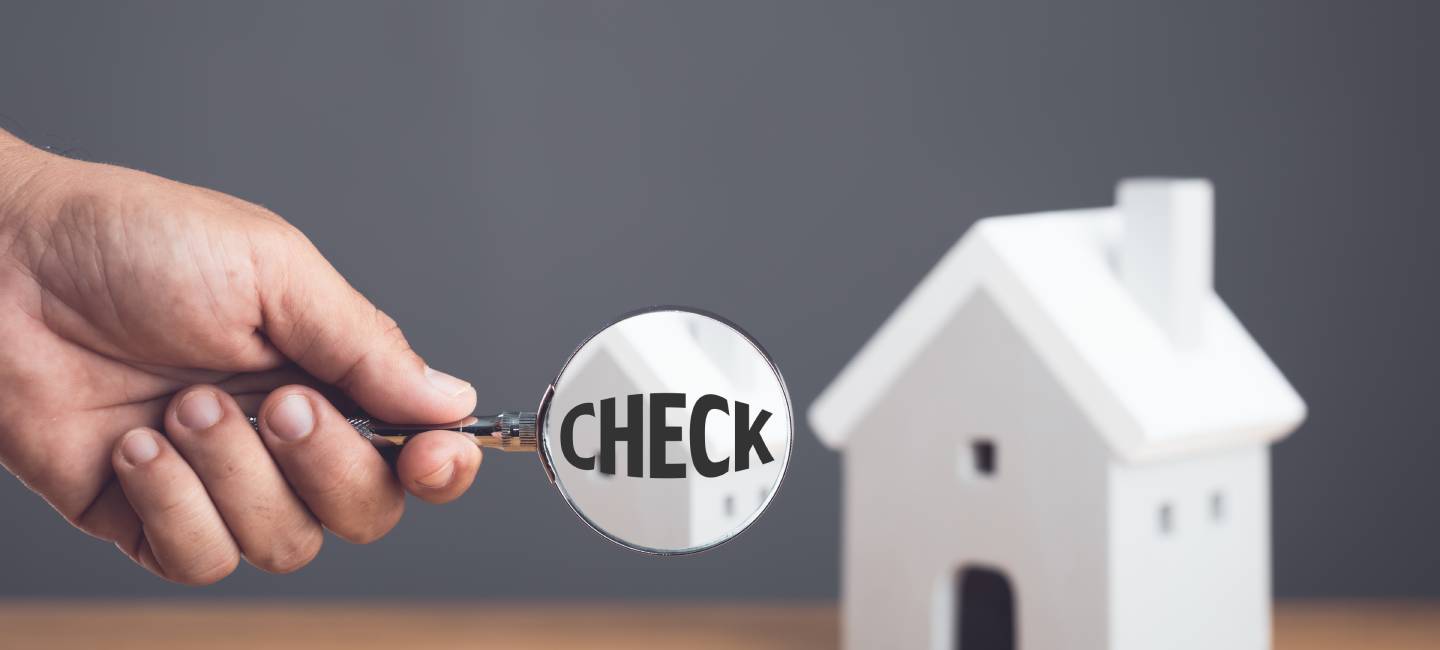
7 red flags to avoid when buying a home
Recognising these red flags early can save you time, money and headaches.

Saga Mortgages
Provided by Tembo
Find out all you want to know about mortgages with expert advice.
Saving and investing
Get smarter with our savings and investment articles
Saga Easy Access Savings Account

Saga Easy Access Savings Account
Get your money moving with our great rate.
- 4.00% AER / 3.93% gross p.a (variable).
- Includes a bonus of 1.25% AER (fixed) for 12 months and an underlying rate of 2.75% AER p.a. (variable).
In partnership with NatWest. Interest paid monthly. Available to UK residents 18+ only.




.jpg?la=en&h=354&w=616&hash=45308A49847631A160FBFBF97F170540)







.jpg?la=en&h=476&w=1440&hash=837FB8339853DB5FFD43C9EE0EE78EDB)


















